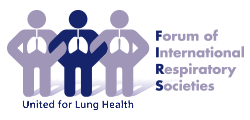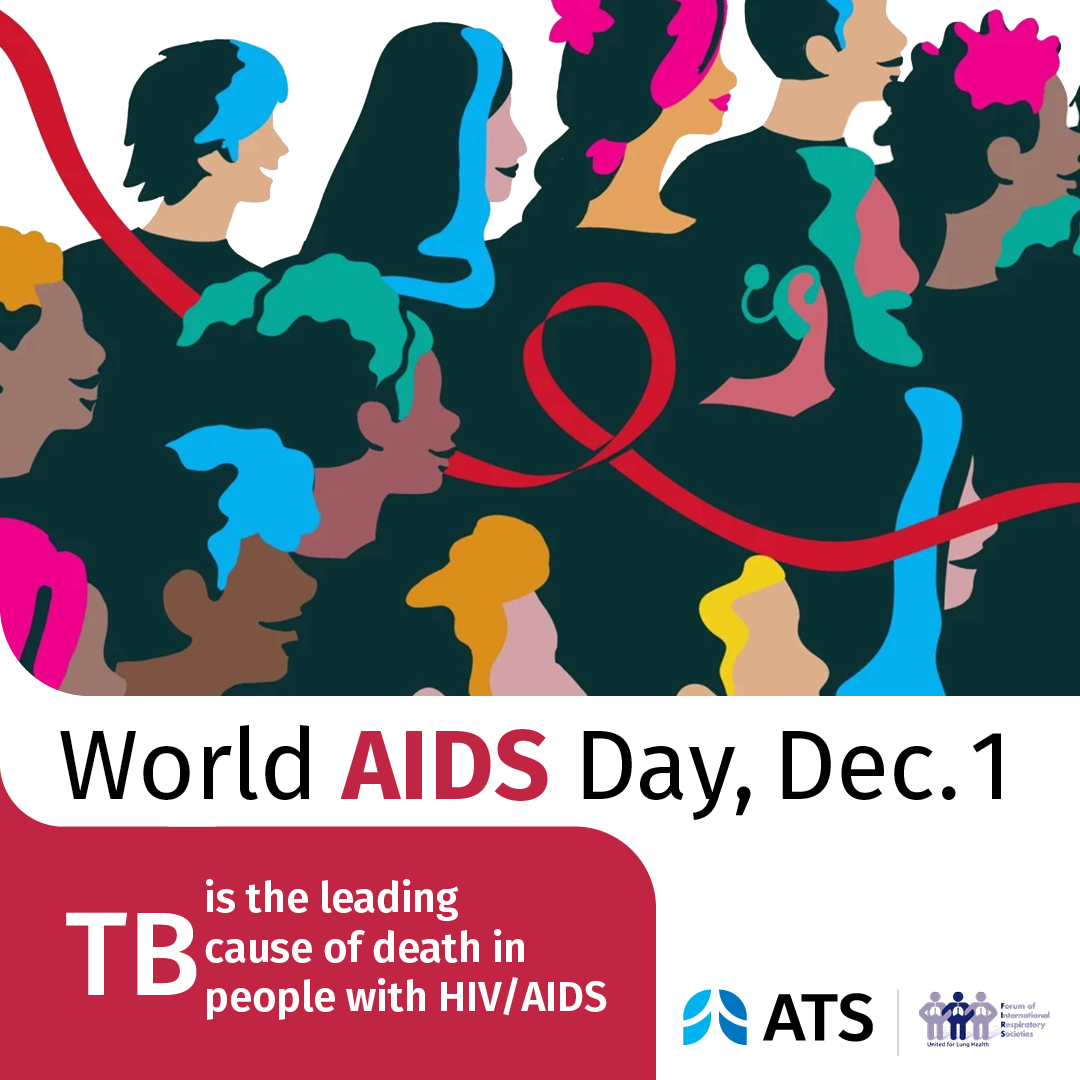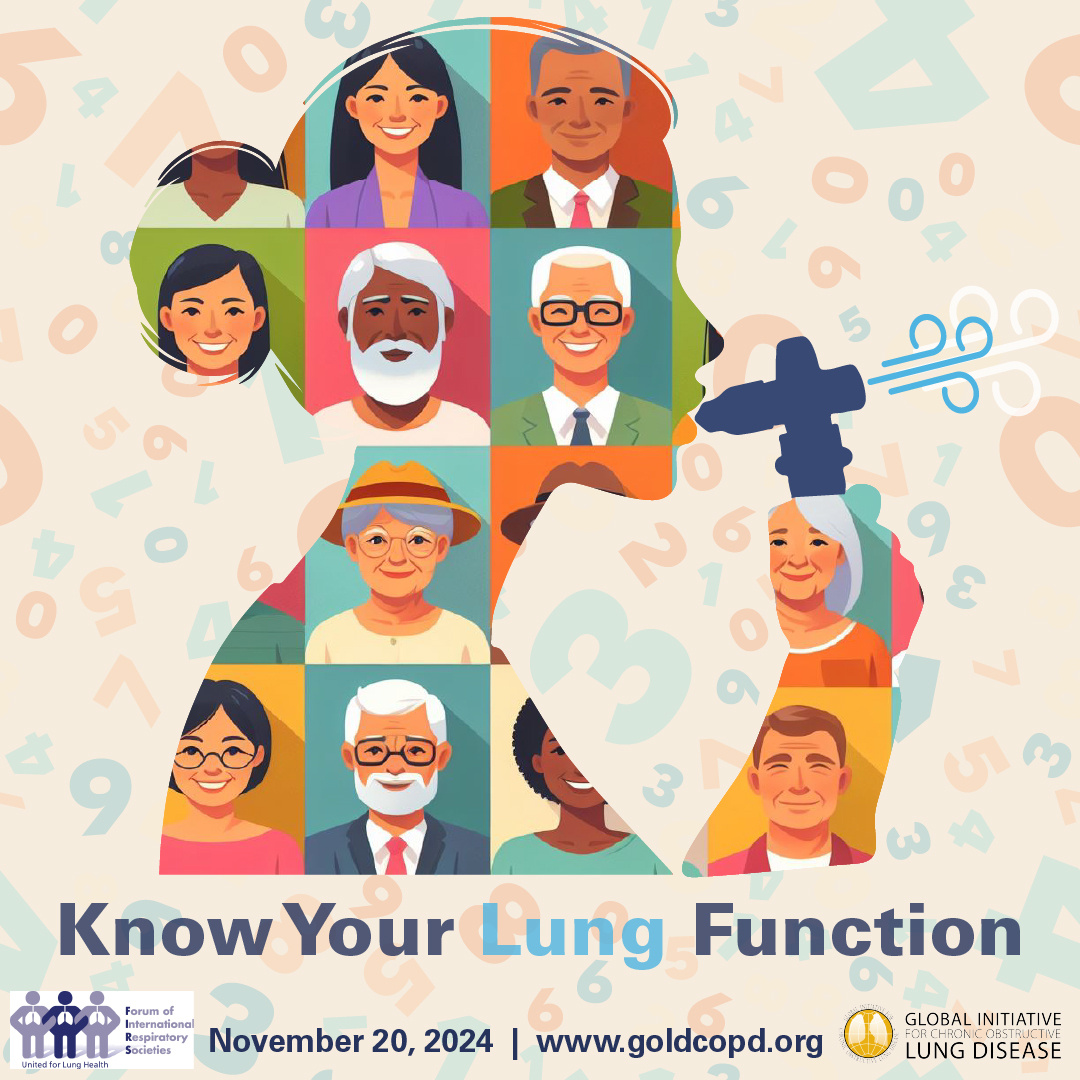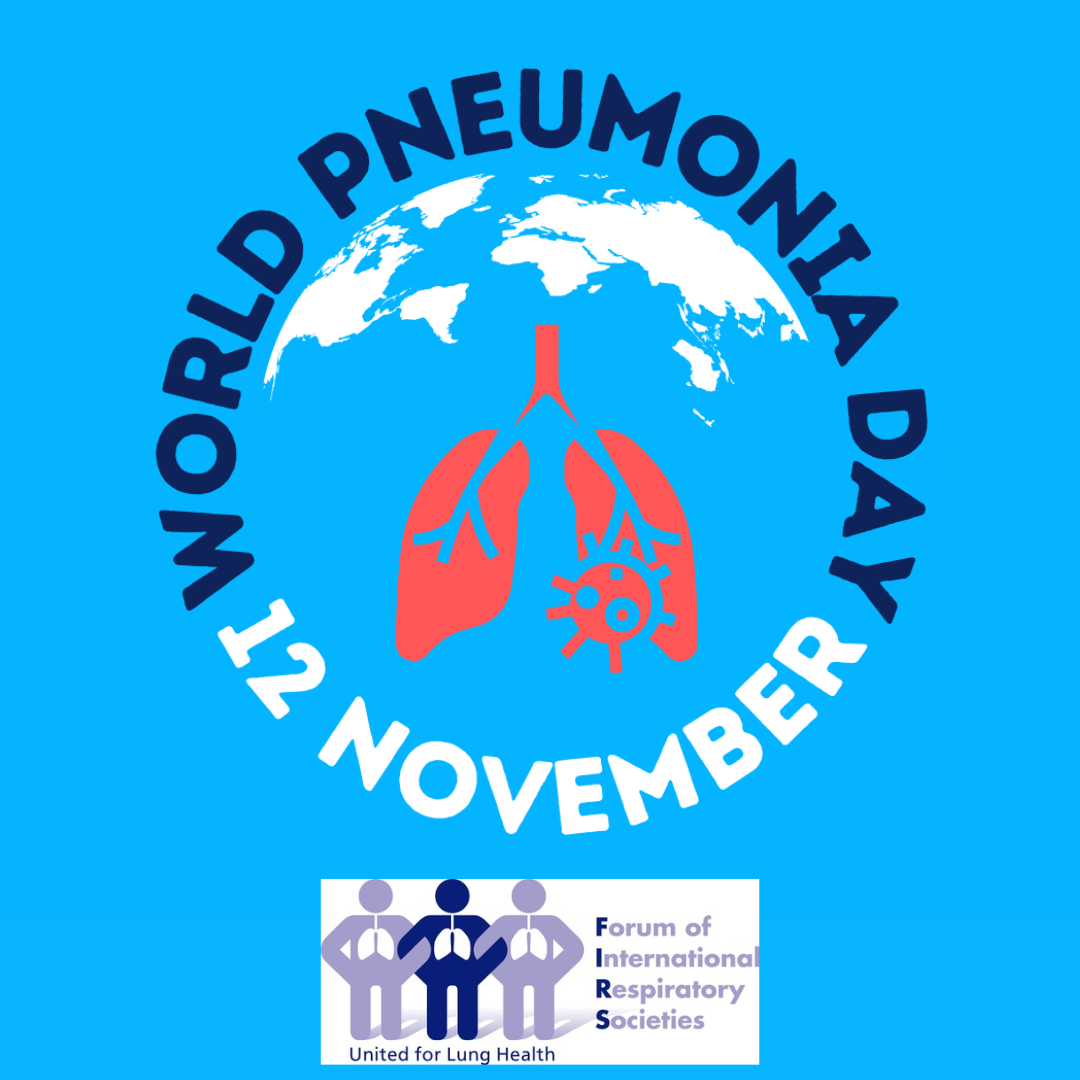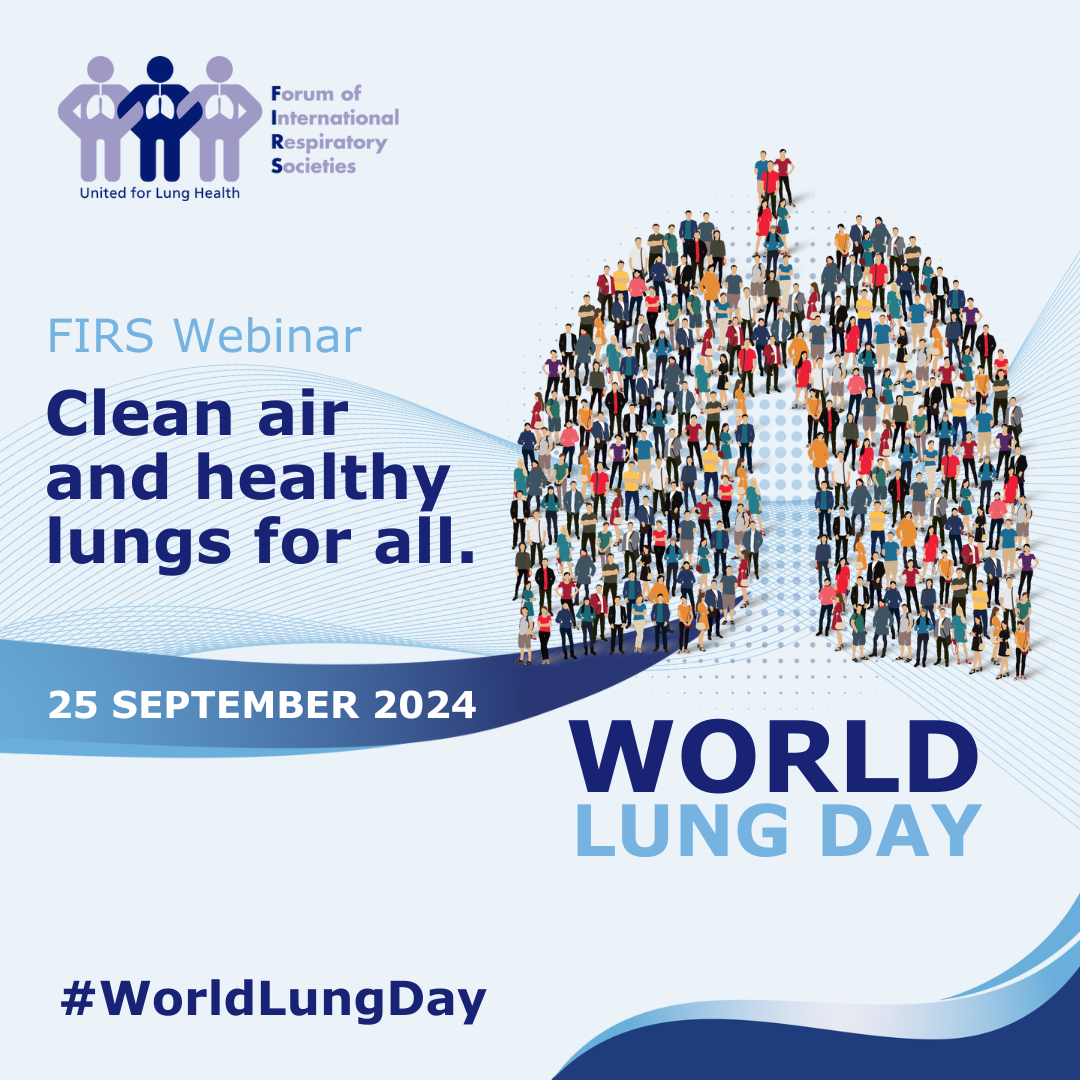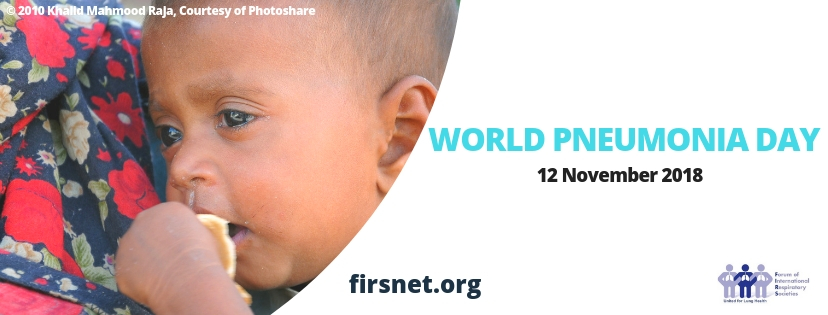
In support of World Pneumonia Day, 12 November, the Forum of International Respiratory Societies (FIRS) calls for renewed efforts to prevent and treat pneumonia.
Pneumonia is one of the most preventable and treatable illnesses in global health, yet every minute two children die from this illness, primarily because they are denied the benefits of prevention, accurate diagnosis and treatment.
The stats are dismal:
- Most (99 percent) deaths from pneumonia occur in low or middle-income countries; 170 million children in these countries are not vaccinated.
- Globally, only 35 percent of eligible children get the required three doses of pneumococcal vaccine.
- Around 40 million episodes of pneumonia go untreated each year.
- Almost 880,000 children under 5 years of age still die each year from pneumonia.
- In sub-Saharan Africa, less than half of children with symptoms are taken to a health care provider.
- Pneumonia in early childhood may also increase the likelihood of developing a chronic lung disease such as asthma or chronic obstructive respiratory disease (COPD) in adulthood.
Pneumonia is also a common cause of death or illness in the elderly and is the single most common cause of death from infectious disease in this group.
Pneumonia is commonly caused by different germs that may be bacteria or viruses. Vaccines are available to protect children from some of the common germs and these can prevent pneumonia.
Exclusive breastfeeding for the first four to six months of life, adequate complementary feeding and good nutrition can also help to prevent pneumonia. Avoiding cigarette smoke exposure or indoor air pollution, especially during pregnancy and the early childhood years, is important to reduce the risk of pneumonia and severe illness. Reducing HIV infection and early use of antiretroviral therapy and antibiotics are effective to prevent pneumonia in HIV-infected children and adults.
To treat pneumonia, case management guidelines that include indications for hospital referral and the use of antibiotics are effective.
To reduce pneumonia cases and deaths we need to:
- Raise awareness about pneumonia, the leading killer of young children.
- Strengthen and sustain interventions to prevent and treat pneumonia.
- Increase access to available, effective interventions.
- Conduct research to develop innovative strategies to reduce the burden of pneumonia.
No child should die from pneumonia. No family should suffer the distress associated with a pneumonia death.
FIRS calls upon governments, health care providers, researchers, funders and families to ensure:
- Improved and sustained access to effective interventions that prevent and treat pneumonia.
- Strengthened health systems that promptly and effectively deliver strategies to reduce pneumonia deaths, including provision of effective antibiotics and oxygen delivery systems.
- Increased support for strategies to prevent pneumonia including prevention of mother-to-child HIV transmission, provision of anti-retroviral therapy for HIV-infected children, reduction of exposure to tobacco and air pollution, and access to safe drinking water and sanitation.
- Research support for innovative diagnostic, prevention and treatment strategies.
Find out more here.
About the Forum of International Respiratory Societies (FIRS)
The Forum of International Respiratory Societies (FIRS) is an organisation comprised of the world's leading international respiratory societies working together to improve lung health globally: American College of Chest Physicians (CHEST), American Thoracic Society (ATS), Asian Pacific Society of Respirology (APSR), Asociación Latino Americana De Tórax (ALAT), European Respiratory Society (ERS), International Union Against Tuberculosis and Lung Diseases (The Union), Pan African Thoracic Society (PATS), Global Initiative for Asthma (GINA), and the Global Initiative for Chronic Obstructive Lung Disease (GOLD).
The goal of FIRS is to unify and enhance efforts to improve lung health through the combined work of its more than 70,000 members globally.
